Basic Motor Types Used for Industrial Electric Drives
Basic Motor Types Used for Industrial Electric Drives: In the industrial sector, electric motors are the heart of mechanical motion. Whether it’s running a conveyor belt in a factory or powering compressors in oil refineries, electric drives are central to productivity, efficiency, and automation. At ASKA Solution, we specialize in providing high-performance industrial solutions across Saudi Arabia, including industrial motors tailored for various drive applications.
In this blog, we’ll explore the basic motor types used in industrial electric drives, their key features, and how they contribute to seamless operations in diverse industries.
Table of contents
Details About Basic Motor Types Used for Industrial Electric Drives
Why Electric Drives Matter in Industry
Electric drives control the motion of machines by regulating torque, speed, and direction through electric motors. Industrial electric drives offer:
- Energy Efficiency
- Precise Control
- Automation Readiness
- Low Maintenance
- Reliability in Harsh Environments

Understanding which motor type suits your application is vital for performance, safety, and cost-efficiency.
Read Also: High and Extra High Voltage Cables in Saudi Arabia
1. DC Motors (Direct Current Motors)
Overview:
DC motors are one of the oldest types used in industrial settings. They offer high starting torque and precise speed control.
Types:
- Shunt DC Motor: Constant speed regardless of load
- Series DC Motor: High torque, suitable for variable load
- Compound DC Motor: A mix of shunt and series benefits
Applications:
- Steel rolling mills
- Paper machines
- Elevators
- Cranes and hoists
Advantages:
- Excellent speed control
- Strong starting torque
- Simple operation
Limitations:
- Higher maintenance (commutator and brushes)
- Less efficient than AC motors
2. Induction Motors (Asynchronous AC Motors)
Overview:
Induction motors are the most widely used motors in industrial applications due to their simplicity, ruggedness, and cost-effectiveness.
Types:
- Squirrel Cage Induction Motor (common in industry)
- Slip Ring Induction Motor (used for high starting torque)
Applications:
- Pumps
- Fans
- Compressors
- Conveyor systems
- HVAC systems
Advantages:
- Low cost
- Robust design
- Minimal maintenance
- Reliable performance
Limitations:
- Poor speed control without variable frequency drives (VFDs)
- Not ideal for high-torque applications at low speeds
3. Synchronous Motors
Overview:
These motors rotate at a constant speed (synchronous speed) regardless of the load. They are best for applications requiring constant speed.
Applications:
- Cement plants
- Paper mills
- Crushers
- Large fans and blowers
Advantages:
- High efficiency
- Constant speed under varying loads
- Power factor correction (used to improve grid performance)
Limitations:
- More complex starting mechanism
- Not suitable for frequent starts and stops
4. Servo Motors
Overview:
Servo motors are high-precision motors used in applications that require positioning, speed, or torque control. They are widely used in automation.
Applications:
- Robotics
- CNC machinery
- Packaging machines
- Automated assembly lines
Advantages:
- High accuracy and control
- Fast response
- Compact size
Limitations:
- Expensive compared to standard motors
- Requires complex control systems
5. Stepper Motors
Overview:
Stepper motors move in precise steps and are best suited for open-loop control systems where precise movement is required.
Applications:
- 3D printers
- Conveyor belt automation
- Labeling machines
- Small positioning systems
Advantages:
- Precise positioning
- Easy integration with control systems
- Cost-effective for light-load tasks
Limitations:
- Less efficient under heavy load
- Not suitable for high-speed or high-torque applications
6. Brushless DC Motors (BLDC Motors)
Overview:
BLDC motors offer the benefits of DC motors without the drawbacks of brushes and commutators. They are increasingly popular in industrial automation.
Applications:
- Industrial automation
- Fans and blowers
- Medical devices
- Electric vehicles
Advantages:
- Low maintenance
- High efficiency
- Excellent speed-torque characteristics
Limitations:
- Requires specialized control electronics
- Higher initial cost
How ASKA Solution Helps Industrial Clients in Saudi Arabia
At ASKA Solution, we not only supply industrial-grade electric motors but also offer:
- Consultation on motor selection
- Custom motor integration
- Installation and commissioning services
- Maintenance and diagnostics
- Replacement parts and support
We serve key industries across Saudi Arabia, including:
- Oil & Gas
- Construction
- Manufacturing
- Mining
- Utilities

Choosing the Right Motor for Your Industrial Application
Choosing the right motor depends on several key factors:
- Type of load (constant or variable torque)
- Speed control requirement
- Starting and stopping frequency
- Energy efficiency goals
- Environmental conditions (dust, humidity, temperature)
Our team of experts at ASKA Solution is ready to evaluate your requirements and recommend the best-fit motor solution for your specific application.
Conclusion
Electric motors are the foundation of industrial operations. By understanding the types of motors and their advantages, businesses can make informed decisions that lead to increased efficiency, reduced downtime, and optimized performance.
If you’re looking for industrial electric motor solutions in Saudi Arabia, look no further than ASKA Solution. We combine industry expertise, top-tier equipment, and dedicated support to power your success.





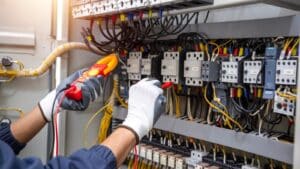

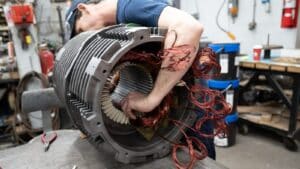

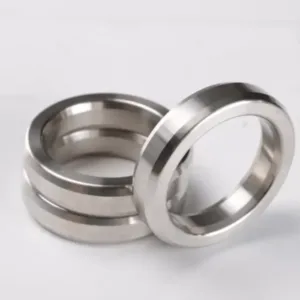
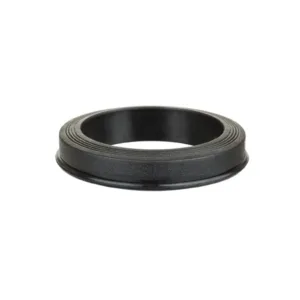
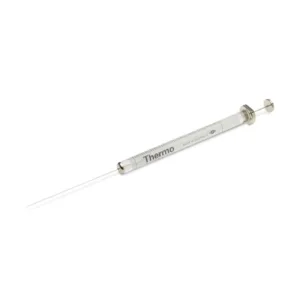

Add comment
You must be logged in to post a comment.